Harris: Policy continuity with some minor differences
Vice President Kamala Harris has assumed a significant foreign policy role in the Biden administration, meeting with more than 150 global leaders, traveling to 21 countries, and representing the United States at a variety of multilateral events and organizations, including three Munich Security Conferences. She has also attended most meetings of the US National Security Council, and importantly, has been a regular attendee of the President’s Daily Brief meeting, which lays out the key US national security issues of the day and is prepared by the nation’s top intelligence analysts.
In almost every area, the vice president’s foreign policy positions hew closely to President Biden. So, regarding a potential Harris administration foreign policy, we should expect “more of the same” and a continuity of approach and personnel.
This means a continuing focus on strategic sector protection and promotion in industries critical to great-power competition with China, including AI, quantum, biotech, and others (Vice President Harris, in particular, has been a proponent of US export controls and outbound investment restrictions on advanced semiconductors).
It also means a continuing focus on deepening relationships with US allies in both economic and national security areas, including ongoing US support for Ukraine and Taiwan, and increasing reliance on NATO, the Quad, AUKUS, and other traditional and emerging multilateral institutions.
Lastly, it means a deepening focus on climate change, and in particular, the national security aspects likely to accelerate over her administration such as climate migration, rising extremism, and other emerging challenges across equatorial and tropical regions, where climate change is hitting hardest and where many of the current geopolitical hotspots sit.
The one foreign policy area where Vice President Harris seems to differ, at least somewhat and in tone, from the Biden administration is on Gaza, where she has been more vocal in her concerns regarding the plight of the Palestinians (calling the current conflict a “humanitarian catastrophe”), while also offering strong support for Israel.
Vice President Harris’s choice of running mate, too, offers a potential differentiating factor in US-China relations. Minnesota Governor Tim Walz has a strong personal connection with China, including a yearlong teaching stint in Guangdong in 1989 and has visited China more than 30 times. This cultural fluency and perspective may offer additional opportunities for US-China engagement at senior government levels, though Walz’s criticism of the Chinese Communist Party while a member of Congress — particularly on human rights, Tibet, and Hong Kong — may mitigate this.
Trump: Policy likely to mirror transactional approach of his first administration
My deep dive of the foreign policy implications of a Trump 2.0 administration can be found here.
In brief, I would expect a more transactional US foreign policy, similar to what we saw during President Donald Trump’s first administration, particularly regarding Ukraine and Russia, and including Taiwan.
Using his first administration as a guide, I’d also expect a more hawkish approach toward Iran given the cancellation of the Iran nuclear deal in 2018, and the US assassination of Iran’s top military and intelligence commander Maj. Gen. Qassim Suleimani in 2020.
Trade, too, would likely shape US foreign policy in a second Trump administration. The former president’s promise to levy significant trade tariffs on China — as well as on some US allies across Europe and the Indo-Pacific — would likely be a key feature of a Trump 2.0’s approach to the world and one almost certain to add new tensions to both US-China relations, as well as new frictions with traditional US allies.
Investment implications: More winners and losers in the “new era” regardless of policy
Regardless of November’s result and the differing policy priorities of Vice President Harris and former President Trump, the global geopolitical environment will remain challenged — likely for years to come. In such an uncertain national security environment, US leaders and other policymakers across the world will continue to emphasize national security, often at the expense of economic efficiency.
Investors should therefore be preparing for a very different backdrop from previous eras, including selective protectionism as a new normal, a rising probability of structurally higher inflation and interest rates, more differentiated macro cycles, and lower global growth than we saw during the “goldilocks” period of globalization.
On the positive side, these geopolitical and policy disruptions are likely to create a variety of differentiated market outcomes at the regional, country, industry, company, and asset-class levels, offering plenty of opportunities to find winners and losers across actively managed investment strategies.
Last but not least, these structural shifts will also likely produce long-term tailwinds for several national security-related investment themes. They include — but are certainly not limited to — legacy defense and defense innovation, as well as climate resilience and renewable energy, given the close relationship between climate change and rising geopolitical instability.


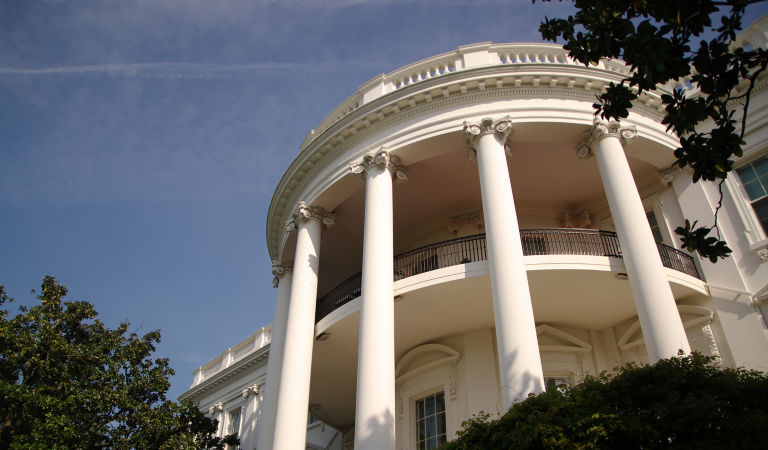









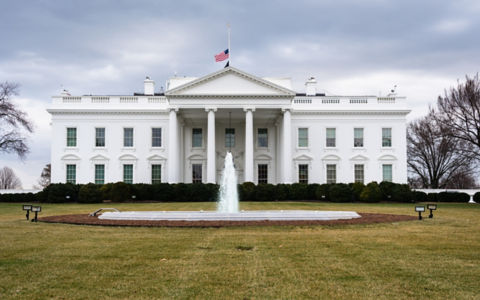

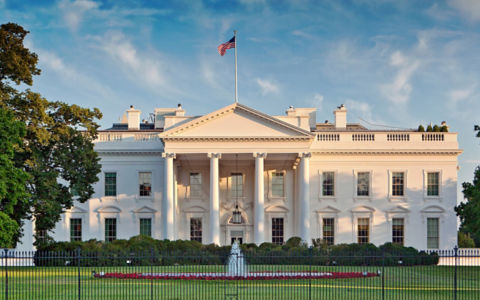

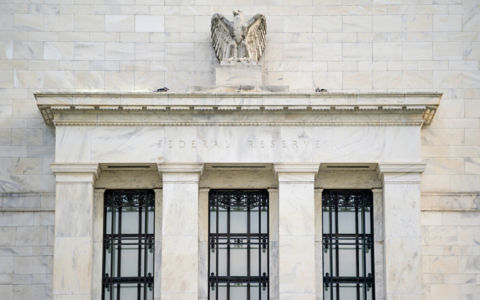

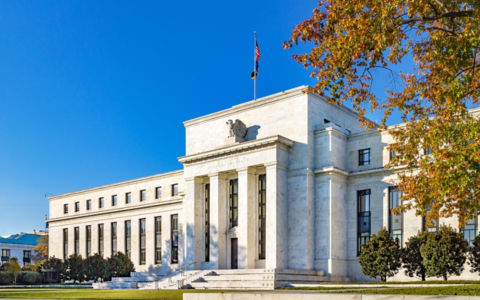



Markets in 2025: asleep at the wheel or in the driving seat?
Watch the conversation with Head of Macro Strategy John Butler as he discusses recent macro events and potential 2025 market outcomes for investors.
By